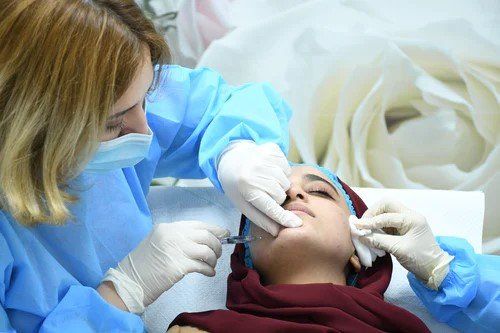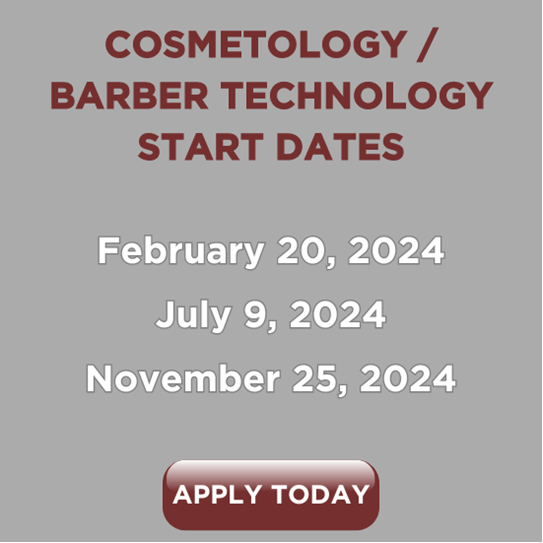Career Spotlight: What Does a Medical Esthetician Do?

The ultimate goal of enrolling in a beauty academy is to begin a career in the industry. Though many State College Of Beauty Culture graduates work in salons or spas, this is definitely not the only direction to take. Our rigorous coursework includes an in-depth study of anatomy and common skin conditions and disorders as well as time spent role-playing interactions with clients. These skills all lend themselves well to those students who want to use their education and knowledge to help people in a meaningful way as a medical esthetician.
Where do medical estheticians work?
Medical estheticians are not doctors or nurses and in fact, do not have any special degrees. What makes their work different is that their services are provided under the supervision of medical professionals as alternative or complementary treatments to patients. Any medical setting may employ estheticians, though they are most common in the following places:
Medical Spas: Medical spas offer many of the traditional esthetician services, but with a focus on reducing scarring from injuries and illness. Medical spas may also see clients with hyperpigmentation or other skin conditions.
Dermatology Clinics: Many people see dermatologists for common skin conditions like psoriasis and acne that are covered in estheticians courses
Cosmetic Surgery Offices: Because of their understanding of skin anatomy and cosmetic procedures, medical estheticians are qualified to perform preoperative and post-operative care.
Specialty Clinics and Specialty Units: In cancer, burn, or trauma units of hospitals and long-term care clinics, patients need many esthetician services. These may enhance physical healing or on the more cosmetic side to increase confidence and reduce anxiety by applying makeup or styling a patient’s hair.
What do medical estheticians do?
Much of the work done by medical estheticians is very similar to the work done by estheticians working in a spa or salon setting. Though the specific duties of a medical esthetician vary widely by setting and individual job description, there are some universal aspects to the role they play within these environments. Medical estheticians must be well-versed in potential complications, medications used, and protocols of where they work. In a medical setting, estheticians can expect to do the following.
- Advising patients on skincare in preparation for a surgery or procedure
- Educating patients on how to care for and protect their skin
- Obtaining patient history including conditions and products used
- Maintaining patient medical charts
- Maintaining treatment rooms and equipment to keep them safe and sanitary
- Coordinating patient skincare services with physicians
- Following up with patients on home care and concerns
- Confirming patient appointments and acting as a liaison between the patient and various other members of their medical care team
How can I become a medical esthetician?
Since medical estheticians perform only non-invasive procedures, they do not need medical training of any kind. The path to becoming a medical esthetician starts with enrollment at a beauty academy like State College Of Beauty Culture. Esthetician courses teach all of the technical skills needed to assist medical professionals and their patients.
Enroll in esthetician courses in Wisconsin today to get started on a career as a medical esthetician.



